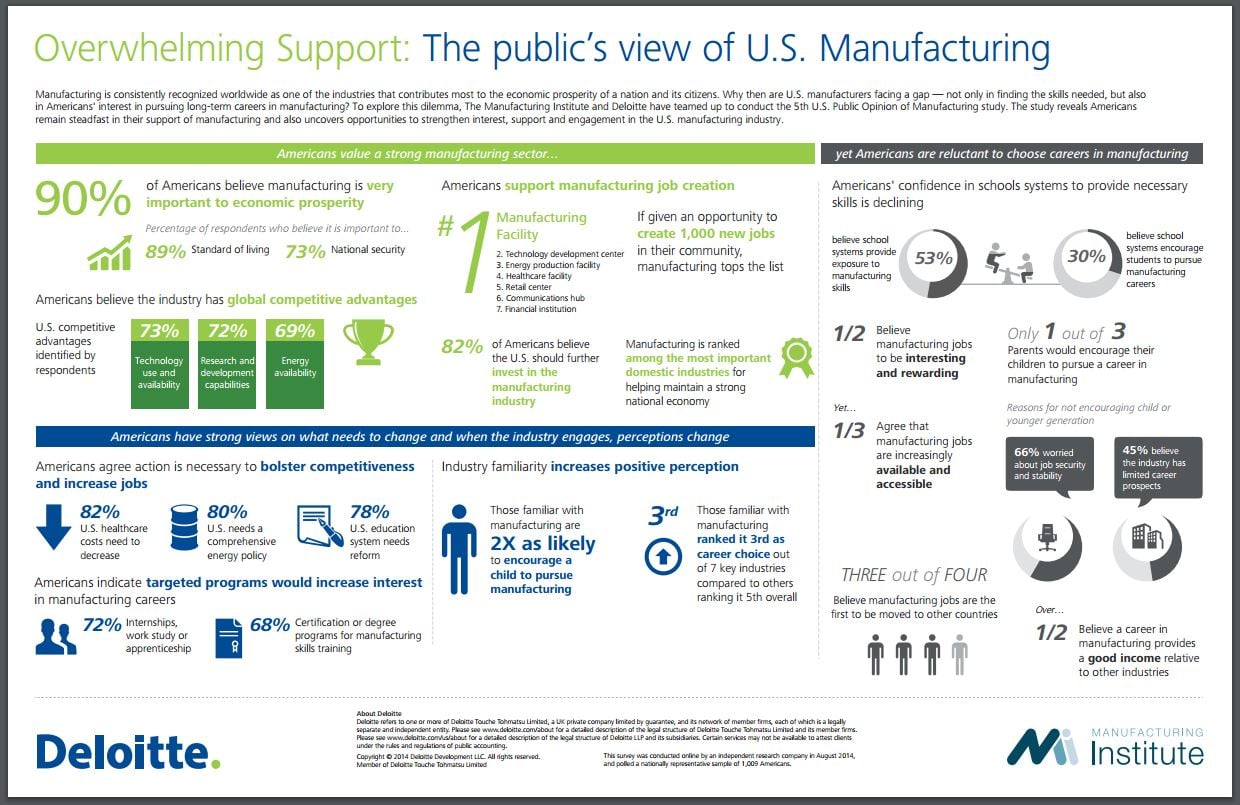
Introduction:
Digital power control has emerged as a transformative force in energy management, revolutionizing the way power systems are monitored, regulated, and optimized. This article explores the principles, applications, and benefits of digital power control in various industries, highlighting its role in enhancing precision and efficiency.
Understanding Digital Power Control:
Digital power control involves the use of digital technology to monitor and adjust power systems with precision. Unlike traditional analog systems, digital power control leverages microprocessors and sophisticated algorithms to manage electrical parameters. This level of control allows for real-time adjustments, ensuring optimal performance and energy efficiency.
Applications in Industrial Settings:
One of the primary applications of digital power control is in industrial settings. Manufacturing plants, utilities, and other industrial facilities benefit from the ability to finely tune power systems. Digital control enables precise adjustments based on varying operational demands, contributing to energy savings, reduced downtime, and improved overall efficiency.
Precision in Voltage Regulation:
Digital power control excels in voltage regulation, a critical aspect of power management. The ability to maintain stable voltage levels ensures the reliable operation of electronic equipment. Digital controllers can respond swiftly to fluctuations in voltage, mitigating issues such as voltage sags or surges that could otherwise disrupt sensitive machinery.
Efficient Energy Consumption in Smart Buildings:
In the realm of smart buildings, digital power control plays a pivotal role in optimizing energy consumption. Smart lighting systems, HVAC (heating, ventilation, and air conditioning), and other connected devices can be precisely regulated to match occupancy patterns and environmental conditions. This level of control not only enhances comfort but also contributes to significant energy savings.
Renewable Energy Integration:
Digital power control is instrumental in the integration of renewable energy sources into the power grid. The variable nature of renewables, such as solar and wind, requires sophisticated control systems to manage fluctuations. Digital controllers enable seamless integration, allowing for efficient energy production and grid stability.
Real-Time Monitoring and Fault Detection:
The real-time monitoring capabilities of digital power control systems provide insights into the health and performance of power systems. Advanced algorithms can detect faults or anomalies promptly, allowing for proactive maintenance and minimizing the risk of equipment failures. This predictive approach enhances overall system reliability.
Adaptive Control for Dynamic Loads:
Digital power control excels in managing dynamic loads, where power requirements vary dynamically. Whether in industrial machinery or electric vehicles, adaptive control algorithms can adjust power delivery in real-time, optimizing performance and energy efficiency even under changing operational conditions.
Cybersecurity Considerations:
As digital power control systems become more prevalent, cybersecurity becomes a crucial consideration. Protecting these systems from cyber threats is essential to ensure the integrity and security of critical infrastructure. Robust cybersecurity measures, including encryption and secure communication protocols, are integral to the deployment of digital power control solutions.
Cost Savings and Environmental Impact:
The precision and efficiency offered by digital power control translate into tangible cost savings for businesses and organizations. By optimizing energy consumption, reducing waste, and enhancing overall system efficiency, digital control systems contribute to financial savings and a reduced environmental footprint.
Future Trends and Innovations:
Looking ahead, the evolution of digital power control continues with ongoing innovations. Artificial intelligence and machine learning are increasingly integrated into control systems, enabling predictive analytics and self-optimizing power networks. As the technology advances, digital power control will play a pivotal role in shaping the future of energy management.
To learn more about Digital Power Control, visit this link.



